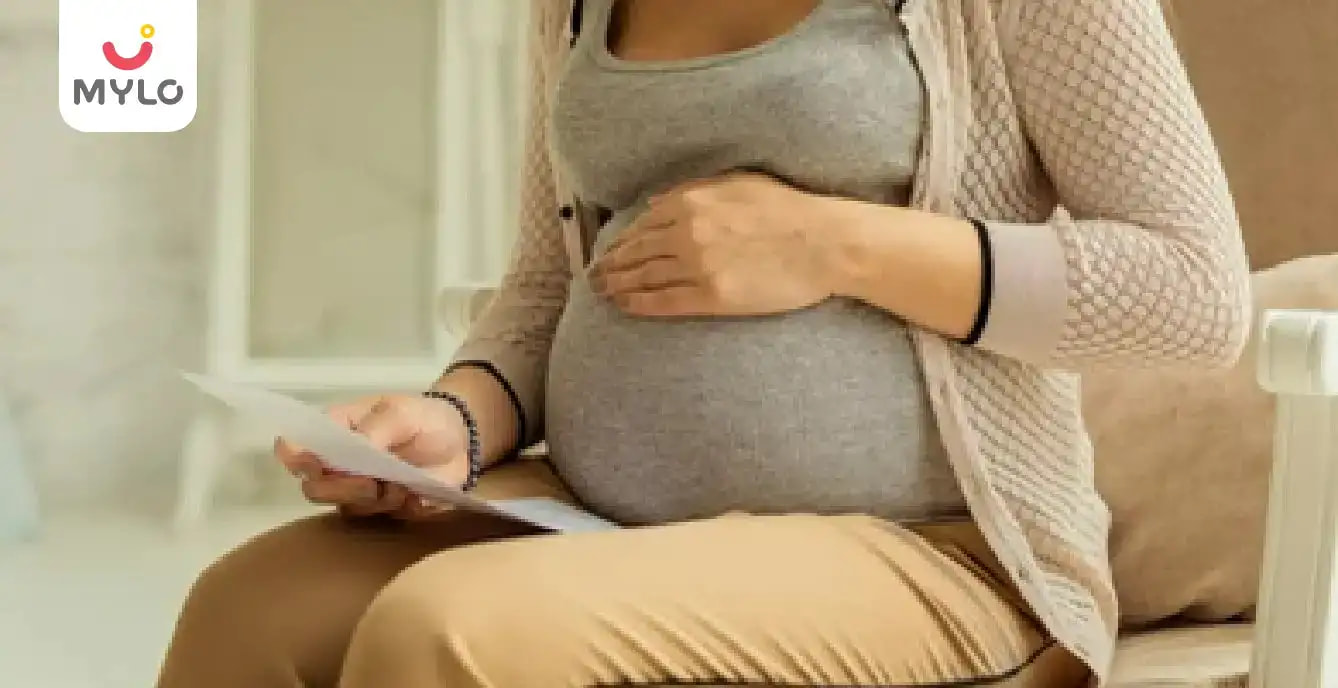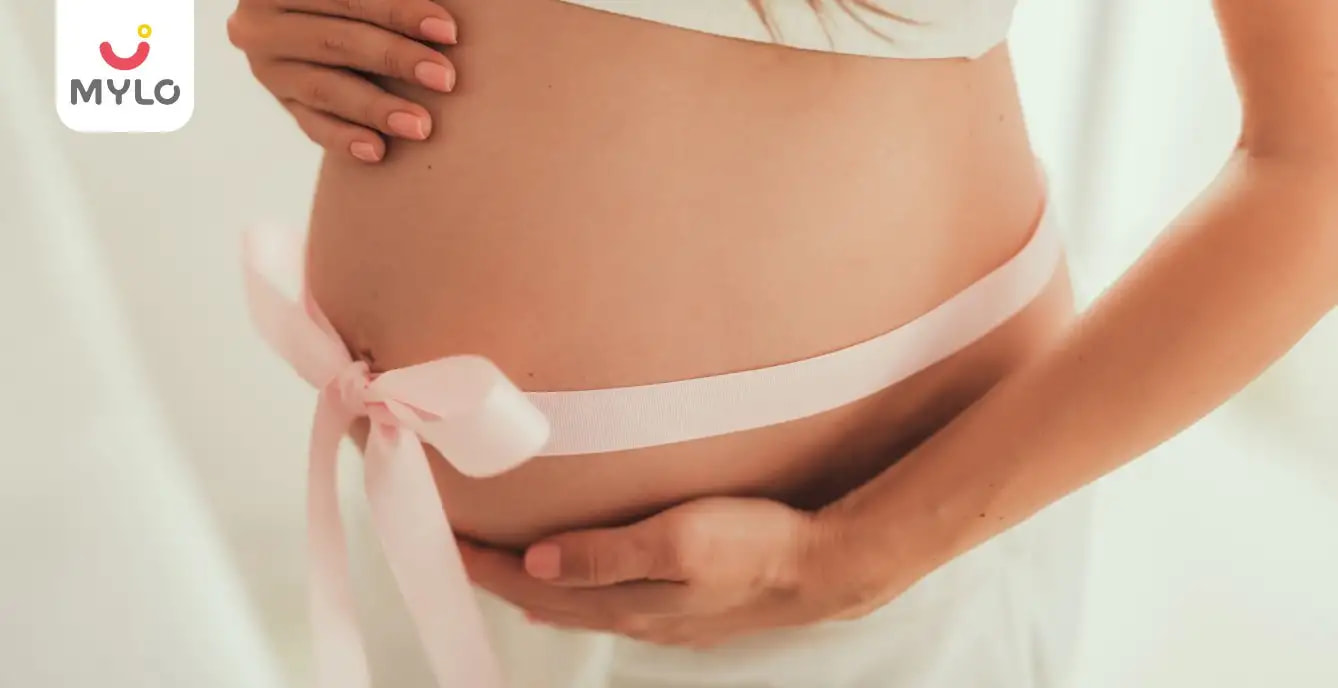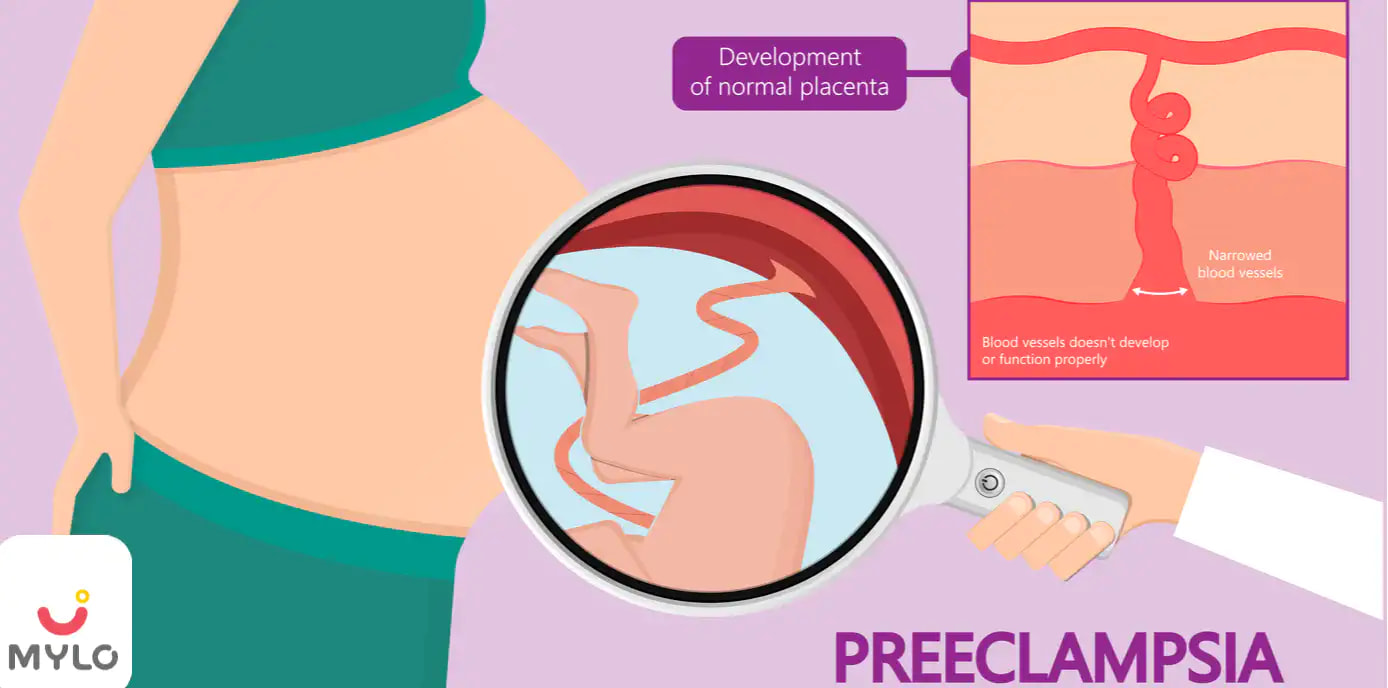Home

Pregnancy Journey

Top 10 Tips For The Third Trimester Of Your Pregnancy
In this Article
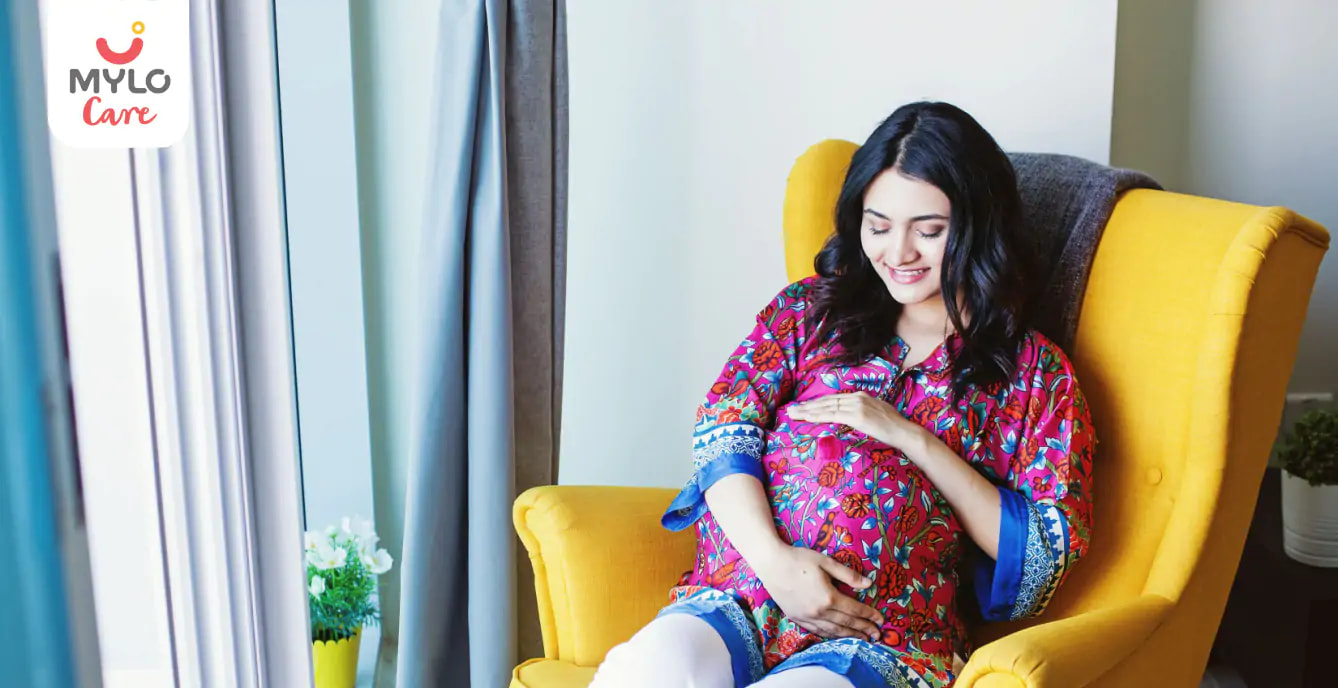
Pregnancy Journey
Top 10 Tips For The Third Trimester Of Your Pregnancy
Updated on 6 February 2024
A normal pregnancy lasts for about 40 weeks. The weeks are divided into three trimesters, and the third trimester comprises 28 through 40 weeks of pregnancy. The third trimester can be challenging for a pregnant woman both physically and mentally. At the end of week 37, the baby is considered full-term, and it's only a matter of time before the baby is born. During the final stages of pregnancy, researching and understanding what to expect during the third trimester can help reduce your anxiety.
While pregnancy can be one of the most beautiful phases of a woman's life, it may also get a little overwhelming, particularly for first-time mothers.
What Are The Symptoms Of The Third Trimester Pregnancy?
You will probably feel a lot of fetal activity with that busy baby inside your belly. You may also experience changes in your body as your belly grows bigger and bigger, including:
-
Nausea
Morning sickness usually tends to recede after the first trimester. However, if you're expecting twins or multiples, nausea may linger until you give birth.
-
Headache
During your third trimester, smells, lack of sleep, stress, overheating, and other factors can all cause headaches or migraine. Try to follow regular eating, exercise and bedtime routine, and give yourself some much-needed quiet time to de-stress.
-
Diarrhoea
Some of the muscles in your body, including the rectum, may loosen up, causing what's known as pre-labour diarrhea as your body gears up for delivery. Diarrhoea might also result from all that extra fibre in your diet or even a stomach bug.
-
Abdominal achiness
As your ligaments stretch to accommodate your growing belly, you may feel cramps or sharp pain.
-
Lightning crotch
Lightning crotch could be caused due to a sudden, sharp shock to the crotch area, but no one is sure about it. However, one theory suggests that it could be due to the baby pressing on a nerve that runs to the cervix.
-
Fatigue
You'll feel more fatigued this trimester because of the demands pregnancy puts on your body, so eat well and frequently, stay active, and minimise pregnancy sleep issues.
-
Heartburn
Your uterus will push your stomach and its content upward during the last few weeks of pregnancy, causing that persistent burn.
-
Braxton hicks contraction
You will begin to feel these irregular practice contractions around now until the actual labour starts as your body's way of preparing for labour.
-
Varicose veins
You may also see bulging veins in your lower body due to the additional blood you're pumping. They are likely to disappear after pregnancy.
-
Stretch marks
They are tiny tears that appear in the skin stretched to the limit during pregnancy and are usually a result of genetics. To minimise their appearance, moisturise the skin.
-
Backache
As the pregnancy hormone relaxing loosens your joints and your growing bump pulls your centre of gravity forward, you may begin to have an achy back.
-
Insomnia
Leg cramps, constant trips to the bathroom and general aches and pains can interfere with your sleep. Insomnia affects more than 75% of the expectant mother.
-
Crazy dreams
Your dreams may become more vivid than ever as you near your due date due to pregnancy hormones. However, they are normal.
-
Clumsiness
Your hormones are on overdrive, your belly is throwing you off balance, and you're extra forgetful than ever.
-
Lack of bladder control
Due to all the extra weight on the bladder, it is harder to stay dry, so try daily kegel exercises.
-
Leaky breasts
This is due to your body warming up to feed your baby.
-
Weight gain
Your weight will likely slow down as you approach your delivery date. However, gaining around eight to ten pounds this trimester is not unusual.
When Should I Worry About My Third Trimester?
When a baby is on the way, you'll likely want to head to the hospital around the time active labour begins. As the delivery day approaches, you may experience false labour symptoms. However, watch out for the danger signs of pregnancy in the third trimester, which include:
-
Baby dropping
You may be waddling about 36 weeks through the pregnancy as your baby drips into your pelvis.
-
Bloody show
The stringy mucus-tinged pink or brown with blood indicates that labour is on its way. You may or may not notice the discharge of your mucus plug.
-
Pelvic pressure
Cramping in the groin area can signify labour as your cervix dilates and thin out.
-
Labour contractions
Compared to Braxton Hicks's contractions, these intensify the more you move around.
-
Water breaking
This may only occur once you're already at the hospital.
However, call your doctor if you start to experience signs of preterm labour or any of the following late pregnancy warning symptoms:
-
Heavy vaginal bleeding
-
Severe vaginal pain
-
Severe pain in the lower abdomen
-
A fever over 101 Fahrenheit
-
Sudden weight gain
How Much Does Your Baby Grow During The Third Trimester?
Your baby will grow a lot larger in the third trimester, from about 2 ½ pounds and 16 inches long in week 28 of pregnancy to between 6 and 9 pounds and 19 to 22 inches long in week 40. Also, don't be surprised if that growth spurt leads to severe kicks in your gut since your baby is growing so fast. Some of the few highlights of your third trimester of pregnancy include:
-
Bones
Cartilage transforms into the bone in months seven and eight of pregnancy, so be sure to consume plenty of calcium-rich foods since your baby will be getting calcium from you.
-
Hair, skin and nails
Your baby's formerly transparent skin will become opaque by week 32 of pregnancy. During week 36, fat continues to accumulate as your baby sheds vernix, a waxy substance that protects the skin from your amniotic fluid.
-
Digestive system
During the final weeks of pregnancy, meconium or the baby's first poop, mainly consisting of blood cells, vernix and lanugo, starts to build up in the baby's intestines.
-
Five senses
Around week 29 or 30 of pregnancy, your baby's touch receptors will fully develop. Your baby will also receive signals from all five senses, perceiving light and dark, tasting what you eat, and hearing the sound of your voice by week 31 of pregnancy.
-
Brain
During the last trimester of pregnancy, your baby's brain will grow faster than ever, test-driving some abilities, including blinking, dreaming and regulating body temperature.
Third Trimester Pregnancy Tips
-
Be attentive to your baby's movement
You may notice your baby's movements change as they get more prominent since they are growing all the time. Also, every baby has a different waking and sleeping pattern, but you'll come to know what's normal for you. You may also feel your baby moving right up to and during labour.
-
Read up about third-trimester antenatal appointments
During your third-trimester antenatal appointments, your doctor will speak to you about preparing for labour and birth, including how to cope with labour pain. The doctor may also check your baby's growth and arrange an ultrasound if needed.
-
Be aware of the pregnancy symptoms you should never ignore
Preeclampsia is a pregnancy condition which occurs when the placenta isn't working correctly. It usually occurs in the second half of pregnancy or shortly after birth. When you have your routine antenatal examination, your doctor will look out for the signs of preeclampsia. Signs of which include high blood pressure and protein in your urine. Between appointments, it is essential to watch out for severe headaches, blurred vision or to see flashlights, vomiting or nausea, severe heartburn and swollen hands, face and feet.
-
Eat well
Eating well during this stage of your pregnancy is for your and your baby's health. Consume plenty of iron-rich food, which helps you to produce red blood cells. Boost your iron intake by consuming meals with iron sources, such as lean meat, leafy vegetables and fortified cereal.
-
Try some stretches
Now is an excellent time to learn stretches that will loosen up your body and prepare for your baby's birth. Even occasional stretches and wiggles can help to avoid pregnancy issues such as leg cramps.
-
Massage your belly
You may like to spend time getting to know your unborn baby as your bump grows. It is perfectly safe for you or your partner to massage your bump with gentle strokes that glide over the contours of your body.
-
Speak to your baby
Since your baby can hear your voice now, talking to them is a great way to start the bonding process. Try reading a book, magazine, or newspaper aloud if a conversation seems odd.
-
Learn about stages of labour
It is challenging to anticipate what your experience of labour will be like or how long it will last. However, learning about what may happen can help you feel more in control when the time arrives.
-
Create a birth plan
A birth plan means communicating your wishes to the doctors who look after you during labour. It conveys to the doctor the type of labour and birth you'd like to have, what you want to happen, and what you want to avoid. However, things may only sometimes go according to your plan, but writing one can enable you to make decisions during labour.
-
Get to know your contractions
You may begin to feel the muscles of your womb tighten from time to time, just after the halfway point of your pregnancy. These contractions are referred to as Braxton Hicks contractions. However, not everyone has them and if you experience them, note how you feel and how often they happen, as this may help you distinguish them from real signs of labour.
-
Purchase clothes for your baby
Think about clothes, bedding and other essentials, such as diapers, that your baby will require. It is better to buy the basics before they are born and put aside some money to purchase more later. Also, remember that you're likely to get lots of clothing from friends and family as gifts. Before use, wash everything with a mild detergent to avoid irritating your newborn baby's sensitive skin.
-
Pack your hospital bag
It's a good idea to get your bag packed well before your due date, as you may need to go in unexpectedly. You could pack two bags, one for labour and the hours shortly after your baby is born, and another for a stay in the postnatal ward.
-
Get more sleep
Try investing in good quality pillows to support you if you're finding it hard to sleep at night. Tucking one between your knees and a few under your tummy before you sleep may help you get comfortable. Also, remember to sleep on your side, as this reduces the chances of stillbirth.
-
Stock up on household supplies
Store basics such as cleaning products, tinned food and frozen vegetables before shopping becomes too much of a hire. Also, prepare extra portions of meals to freeze ahead for the early weeks of parenthood.
-
Avoid backache
Is your belly giving you a backache? Please do not hold anything heavy, as it will pressure your softened ligaments. If you're already a mum to a toddler, this cannot be easy. Also, consult your doctor for a maternity belt that supports your back.
-
Check out the hospital
It is best to find out if the maternity unit offers a tour, in person or online, if you plan to have your baby in the hospital. In the meantime, learn what will occur when you first go to the hospital in early labour.
-
Prepare for the birth
Make sure you have saved all the significant numbers on your phones, your doctor and the hospital or birth centre. Arrange for someone to take care of your pets and older children if you have them. Then you'll be able to concentrate on yourself and your baby when labour begins.
-
Get ready for breastfeeding
It is more likely to work well for you and your baby if you know more about how breastfeeding works and its benefits. Some hospitals schedule breastfeeding classes during pregnancy which may help you prepare for the real thing.
-
Help to bring labour naturally
You can never know when labour begins. However, if you're overdue and feeling fed up, many mothers swear by natural methods to bring on labour, such as walking, sex, acupuncture or eating curry.
-
Follow your baby's development
Consult with your doctor regularly regarding your baby's development. You can also browse the internet, which will help you learn about pregnancy and your baby's development.
Foods To Eat During Your Third Trimester
The growth and development of your baby will depend on what you consume, which is why the third-trimester diet is crucial. You will require about 200 extra calories daily and an adequate quantity of vitamins, fibre and minerals. Here are some things you can include in your diet:
-
Foods are rich in iron, such as meat, dairy products, eggs, wheat bran and beans.
-
Foods are rich in protein, such as tofu, legumes, fish and meat. Your body will require about 70/grams of protein during the last trimester of pregnancy.
-
Foods rich In DHA, such as milk, eggs and fruits, help develop the baby's brain.
-
Foods rich in folic acids, such as green leafy vegetables like spinach, and lettuce, ensure proper fetal growth and lower the risk of low birth weight.
-
Foods such as milk products like cheese, tofu and yoghurt are rich in calcium. You require about 800 mg of calcium during pregnancy.
-
Foods rich in magnesium, such as almonds, pumpkin seeds, barley, oats, beans and artichokes, help absorb calcium and repair damaged body tissues.
-
Foods rich in Vitamin C, B6 and B12 can be found in oranges, bananas, sweet lime, carrots, chickpeas and almonds.
-
Fits and vegetables can also provide essential nutrients and should be included in the pregnancy diet.
Foods To Avoid In the Third Trimester
Some foods to avoid in 3rd trimester include:
-
Salt
Avoid consuming salty foods such as potato chips and fries during pregnancy.
-
Raw vegetables
Raw or undercooked vegetables can lead to a gas problem. Hence it would help if you tried avoiding them. Also, make sure to cook the vegetables before consuming them.
-
Spicy food
During pregnancy, spicy foods can cause indigestion and heartburn. Hence they are best to avoid during the last trimester.
You may also like:
Conclusion
Make sure to educate yourself on these pregnancy tips to ensure your and your baby's safety. However, if you experience any unusual symptoms, it is better to consult your doctor. Eat a well-balanced diet, sleep well and do some stretches regularly to have a safe delivery. Your baby will be in your arms in a matter of time.
You may like: https://mylofamily.com/article/third-trimester-of-pregnancy-183944?



Written by
Khushboo Jain
Get baby's diet chart, and growth tips

Related Articles
Related Topics
RECENTLY PUBLISHED ARTICLES
our most recent articles
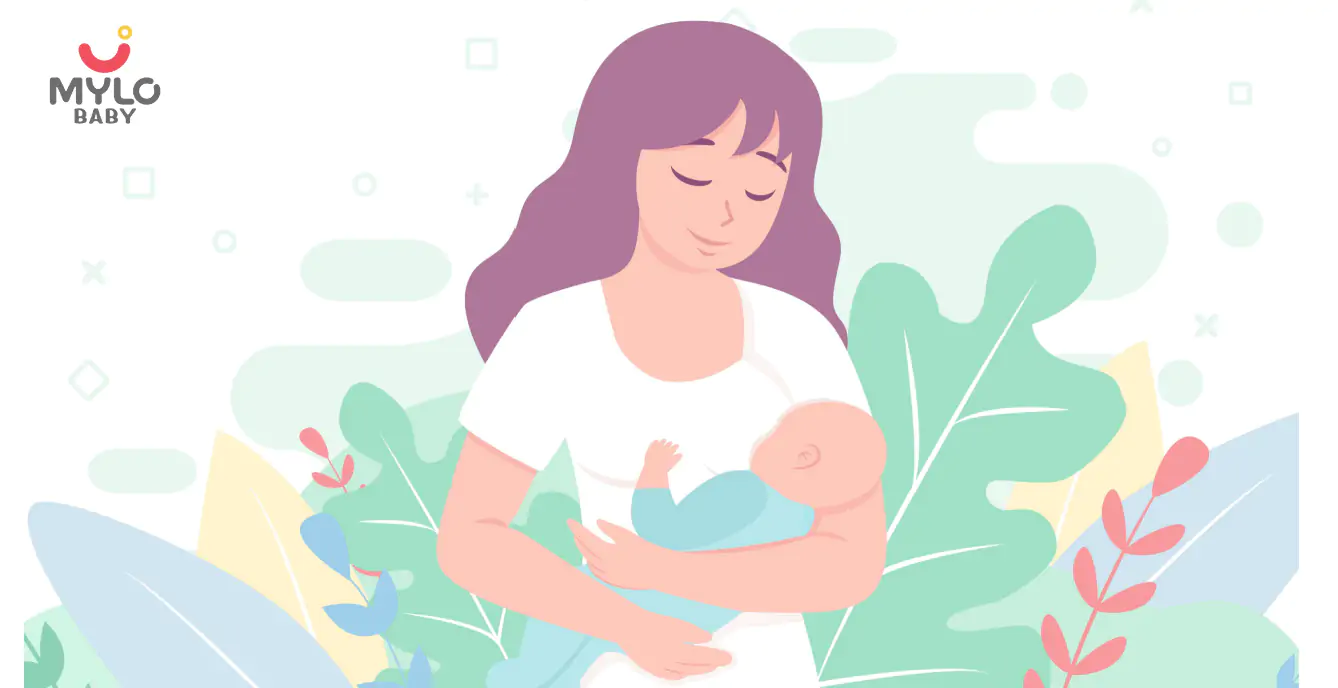
Maternity Benefits
Maternity Leave 101: Rules, Benefits & Timings for Expectant Working Women
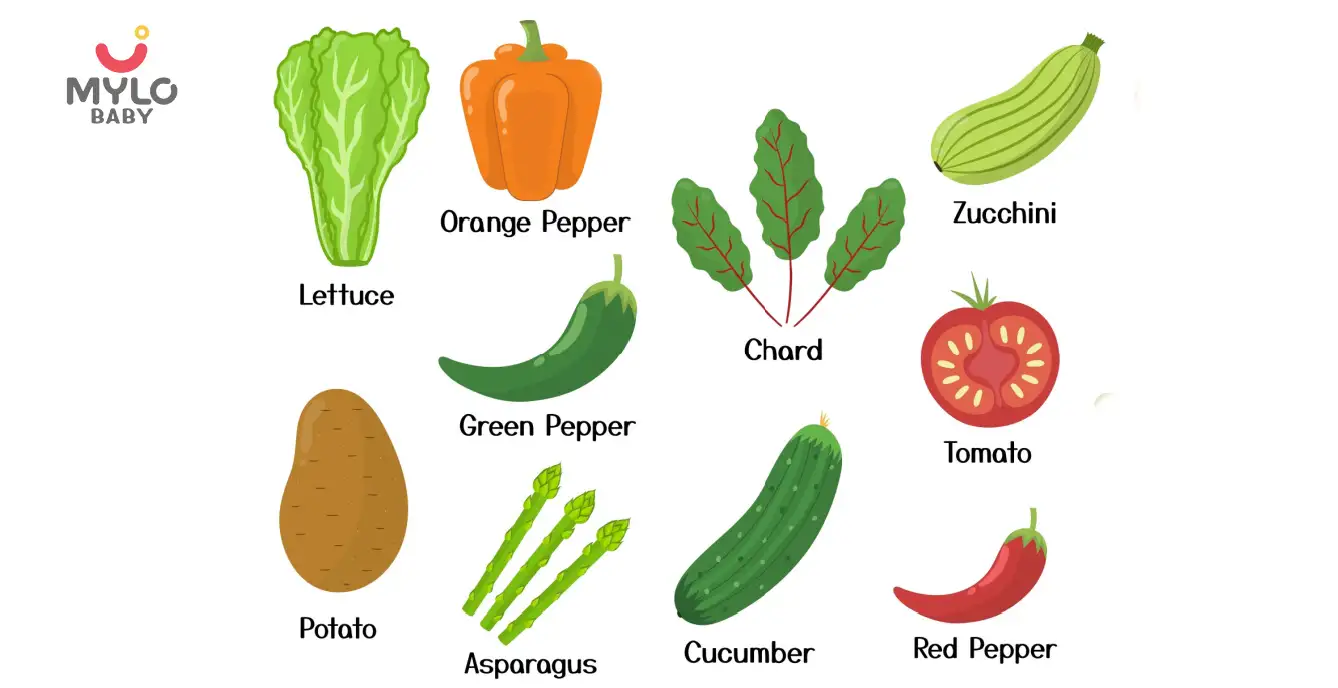
Education
The A-Z Guide to Identifying Summer Vegetables for Kids
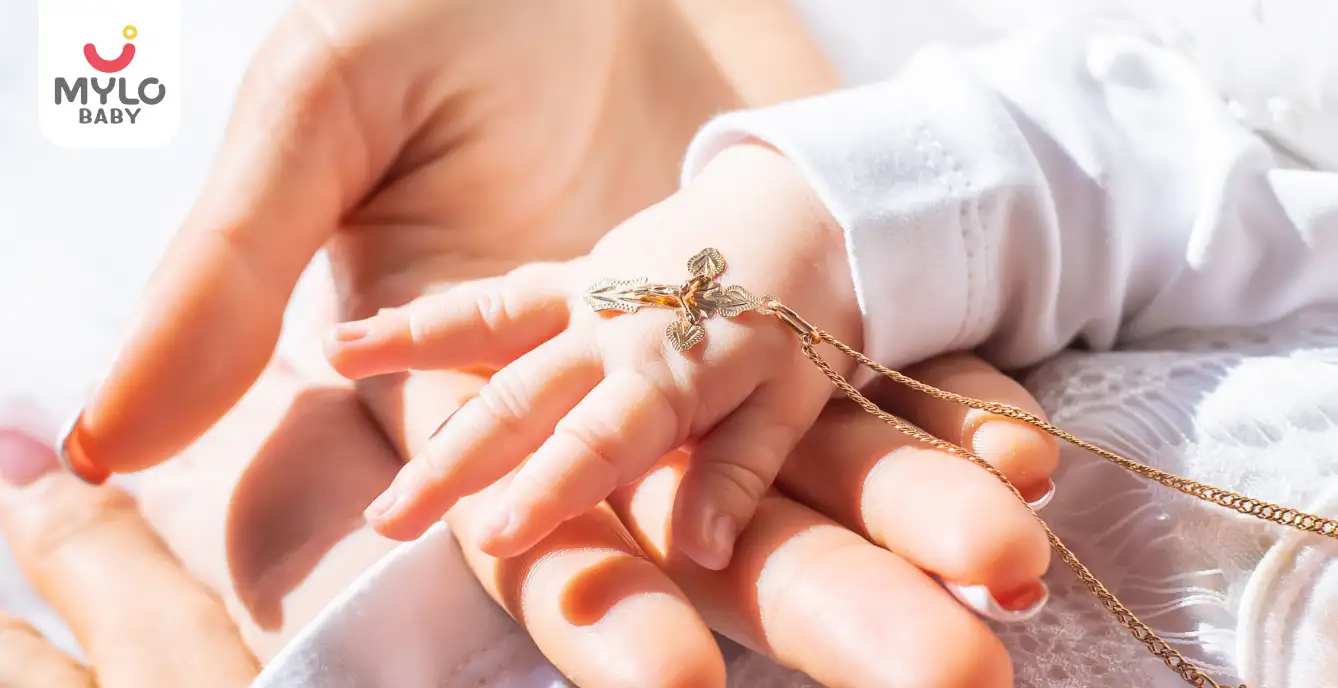
Baby Names
Christian Baby Girl Names That Stand the Test of Time
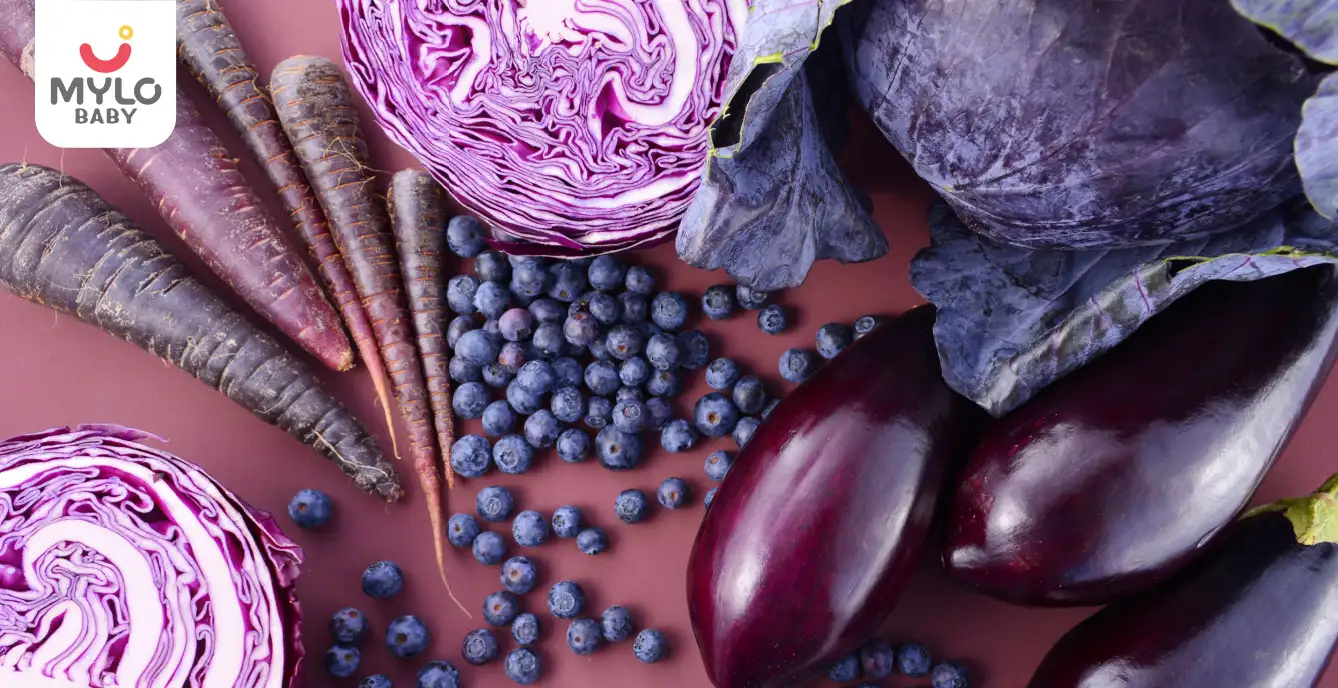
Education
The A-Z Guide on Purple Colour Fruits and Vegetables for Kids
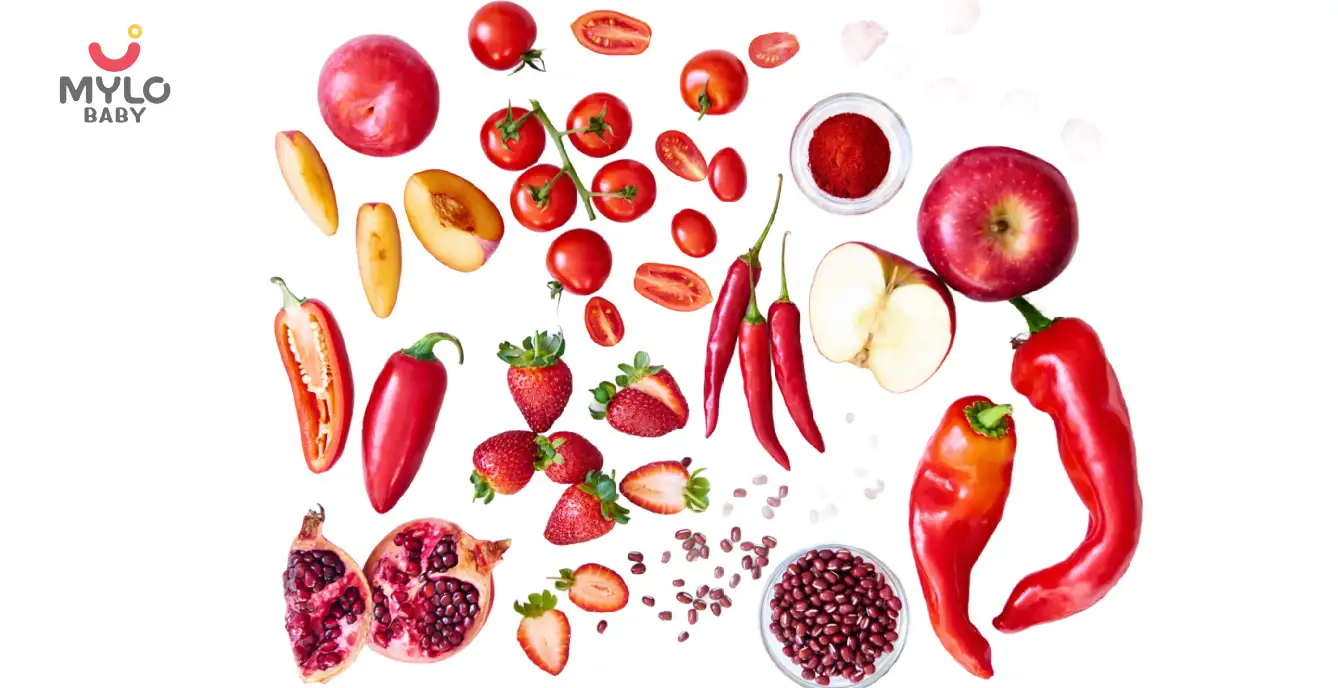
Education
The A-Z Guide on Red Colour Fruits & Red Colour Vegetables for Kids
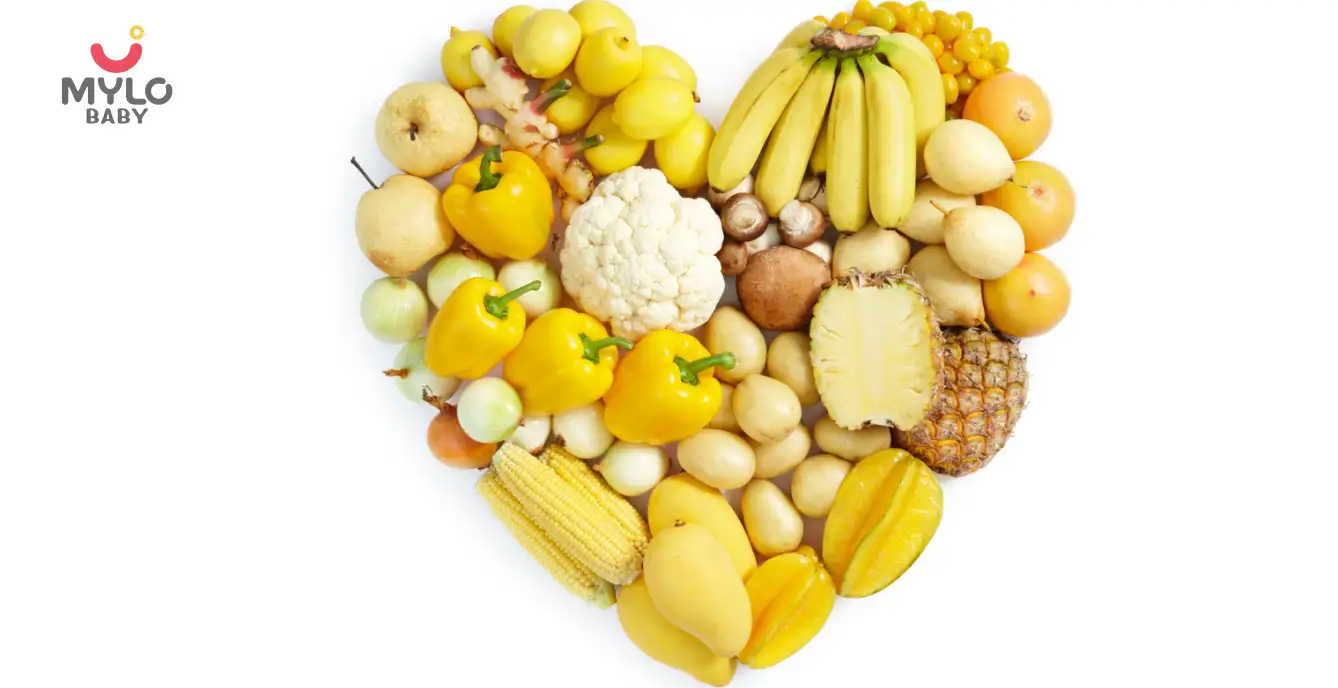
Education
The A-Z Guide on Yellow Fruits & Yellow Colour Vegetables for Kids
- Cervical Cancer: Causes, Symptoms & Prevention
- The A-Z Guide to Identifying Stem Vegetables for Kids
- Can Fetal Heartbeat Disappear and Reappear?
- The Ultimate Guide to Teaching Children 20 to 30 Tables
- GK Questions for Kids from Nursery to Class 6
- Height and Weight Chart for Boys and Girls in India
- The A-Z Guide to Identifying Winter Vegetables for Kids
- Dalia in Pregnancy: A Superfood for the Health of Both Mom and Baby
- 1st Birthday Wishes for Your Little One's Big Day
- The Ultimate Guide to Consuming Litchi During Pregnancy
- Almonds in Pregnancy: Cracking the Nutty Secret to Their Benefits
- Popping the Question: Is It Safe to Indulge in Popcorn in Pregnancy?
- Cherry Fruit in Pregnancy: What Every Expectant Mother Should Know
- The Ultimate Guide to Consuming Pista During Pregnancy


AWARDS AND RECOGNITION

Mylo wins Forbes D2C Disruptor award

Mylo wins The Economic Times Promising Brands 2022
AS SEEN IN

- Mylo Care: Effective and science-backed personal care and wellness solutions for a joyful you.
- Mylo Baby: Science-backed, gentle and effective personal care & hygiene range for your little one.
- Mylo Community: Trusted and empathetic community of 10mn+ parents and experts.
Product Categories
Baby Carrier | Baby Soap | Baby Wipes | Stretch Marks Cream | Baby Cream | Baby Shampoo | Baby Massage Oil | Baby Hair Oil | Stretch Marks Oil | Baby Body Wash | Baby Powder | Baby Lotion | Diaper Rash Cream | Newborn Diapers | Teether | Baby Kajal | Baby Diapers Pants | Cloth Diapers | Laundry Detergent | Lactation Granules |



